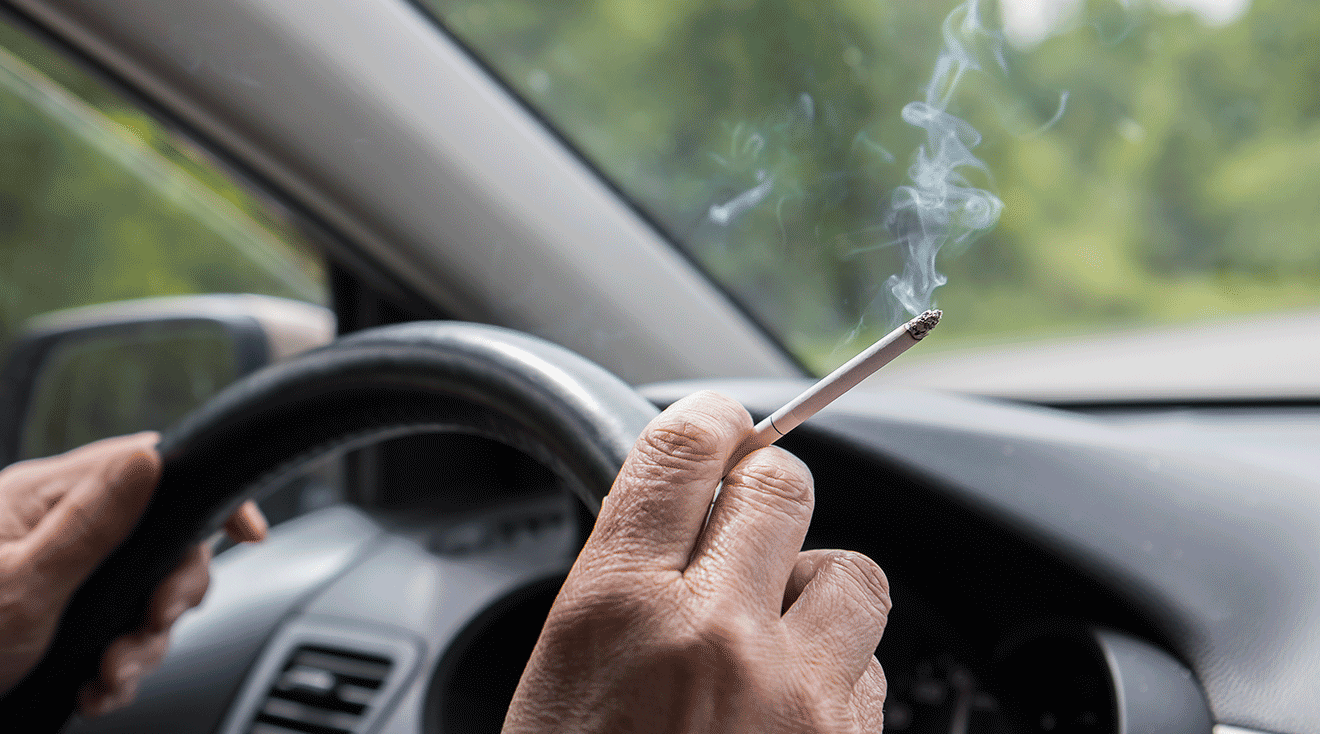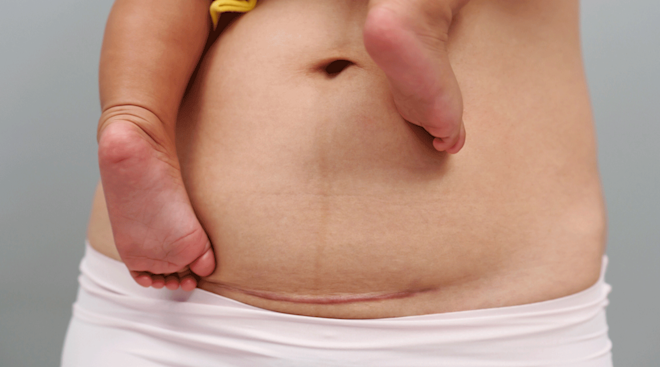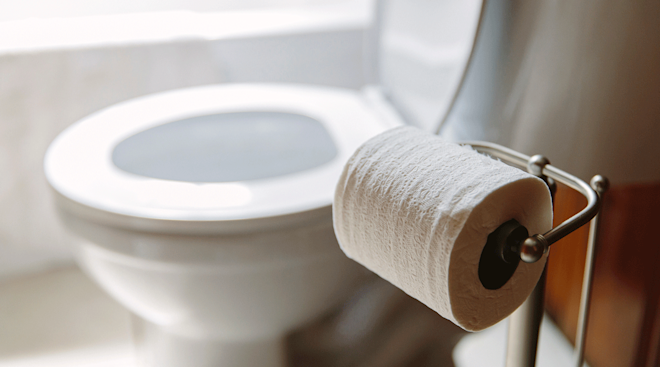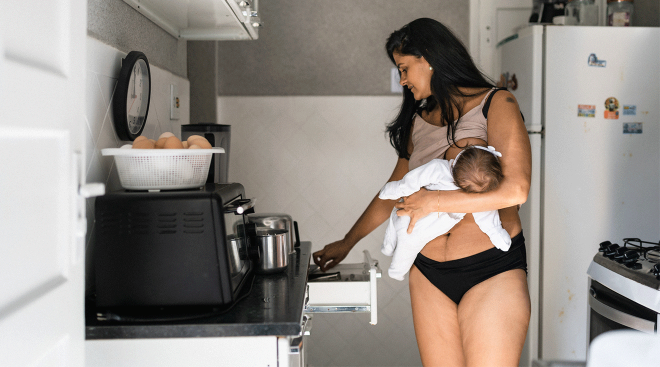Delaware Is First State to Ban Smoking With Kids in the Car
While you might think lighting up every now and then in the car doesn’t have that much of an effect on your child, the secondhand smoke from each cigarette can have long-term effects on your kid’s health. According to the Centers for Disease Control and Prevention (CDC) there’s no safe level of secondhand smoke exposure, and one state certainly agrees!
In a reminiscent nod to the bygone era of widespread indoor smoking, Delaware recently took a significant step toward protecting children from the dangers of secondhand smoke. In September, Governor John Carney signed a bill into law prohibiting smoking in a car when a minor is present.
The law encompasses various smoking forms, including cigarettes, vapes, and cigars. This legislation aims to safeguard children from the well-established dangers of secondhand smoke, a recognized carcinogen associated with numerous health issues in both adults and children, ranging from coronary heart disease and stroke to respiratory problems and reproductive concerns.
The detrimental impact of secondhand smoke on babies and young children is particularly noteworthy. Exposure to secondhand smoke increases the risk of Sudden Infant Death Syndrome (SIDS). A recent study noted that a toddler’s exposure to secondhand smoke can be more damaging in the long term than smoking while pregnant.
It’s crucial to recognize that secondhand smoke exposure extends beyond the immediate act of smoking. Even if parents refrain from smoking in the car when children are present, residual smoke lingers. The thousands of chemicals present in smoke, such as tar and lead, accumulate on surfaces and fabrics. These harmful compounds can be released into the air long after smoking has ceased, posing ongoing risks of toxin exposure.
Research indicates that fine particulate matter in cigarette smoke can take nearly two hours to decrease to safe levels, and concentrations of this matter in smokers’ homes can be up to ten times greater than in non-smoking homes.
Smoking in cars intensifies these concerns due to reduced size and less efficient ventilation, leading to higher concentrations of secondhand smoke. Even with windows down in a moving car, secondhand smoke concentrations can be nearly ten times higher than safe levels.
As we move toward a tobacco-free world, it is crucial for smokers to be mindful of their environment. Smoking outside, away from children, pets, and non-smokers, helps mitigate the risks associated with secondhand smoke and Delaware’s new ban is a step in the right direction for kids everywhere.
Navigate forward to interact with the calendar and select a date. Press the question mark key to get the keyboard shortcuts for changing dates.





















































